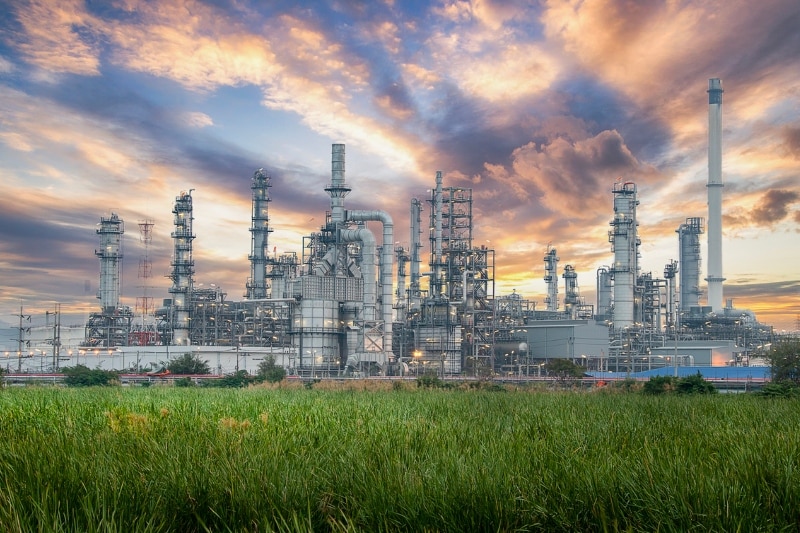Shell Indonesia and Tripatra, a leading Indonesian engineering, procurement, and construction (EPC) company, plan to commence construction of a Sustainable Aviation Fuel (SAF) refinery, known locally as bioavtur, in 2028. The project marks a significant milestone in Indonesia’s efforts to advance green aviation and achieve carbon reduction targets. The facility will utilize second-generation palm-based feedstocks, including used cooking oil (UCO) and Palm Oil Mill Effluent (POME), to produce cleaner jet fuel and lower emissions across the nation’s aviation sector.
The announcement was made by the Coordinator for Bioenergy Engineering and Environment at the Directorate General of New, Renewable Energy and Energy Conservation (EBTKE) under the Ministry of Energy and Mineral Resources (ESDM) during a forum on the Life Cycle Assessment of SAF held in Jakarta last October.
Tripatra will spearhead the development of SAF facilities across Indonesia, each designed to produce 60,000 tons (approximately 75,000 kiloliters) of SAF annually. The project will be implemented in phases, beginning with the first refinery in North Sumatra in 2028, expanding to Kalimantan in 2029, and adding further units in Sumatra or Kalimantan from 2030 onward. This multi-phase investment highlights the increasing role of the private sector in Indonesia’s growing sustainable fuel ecosystem and supports the government’s national energy transition agenda.
The Indonesian government is drafting a regulation that will gradually mandate the use of SAF in the aviation sector, starting with a 1% blend requirement in 2026 and increasing to 5% by 2035. Beginning in 2026, international flights departing from Jakarta and Bali will also be required to use SAF, a measure expected to substantially reduce the nation’s aviation-related emissions.
The Indonesia Palm Oil Strategic Studies (IPOSS) Institute estimates that Indonesia could generate 3–4 million kiloliters of used cooking oil each year, a volume substantial enough to serve as a key feedstock for SAF production. This abundant resource positions the country to become a regional hub for SAF development and strengthens its leadership in palm oil–based green energy.
State-owned energy company Pertamina has begun producing SAF from used cooking oil at one of its refineries and plans to convert two additional facilities to process waste-based fuels.
The partnership between Shell, Tripatra, and Pertamina highlights Indonesia’s strong commitment to advancing low-carbon aviation and accelerating the energy transition through innovation and public–private collaboration. If successful, these efforts could position Indonesia as a leading SAF producer in Asia and strengthen its role in the global pursuit of net-zero aviation solutions.
(Source: Asia Today)

